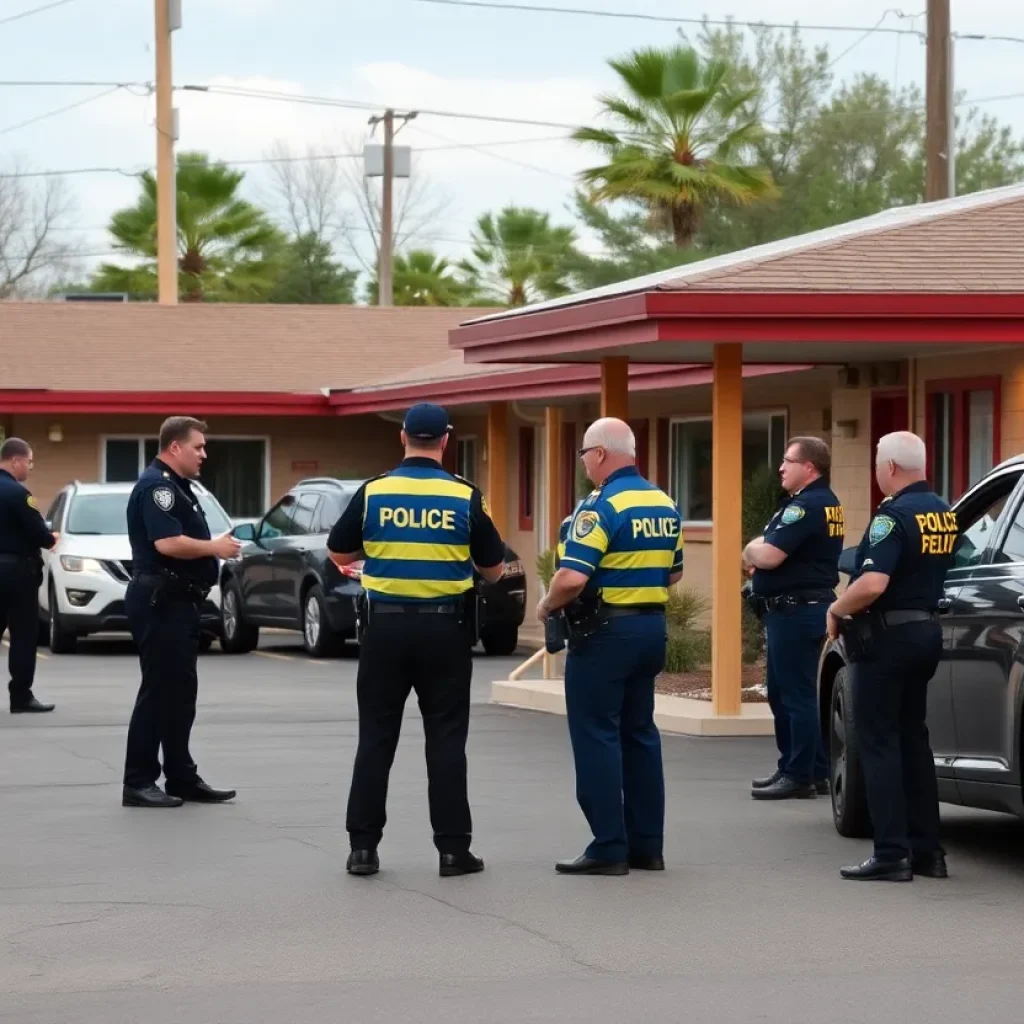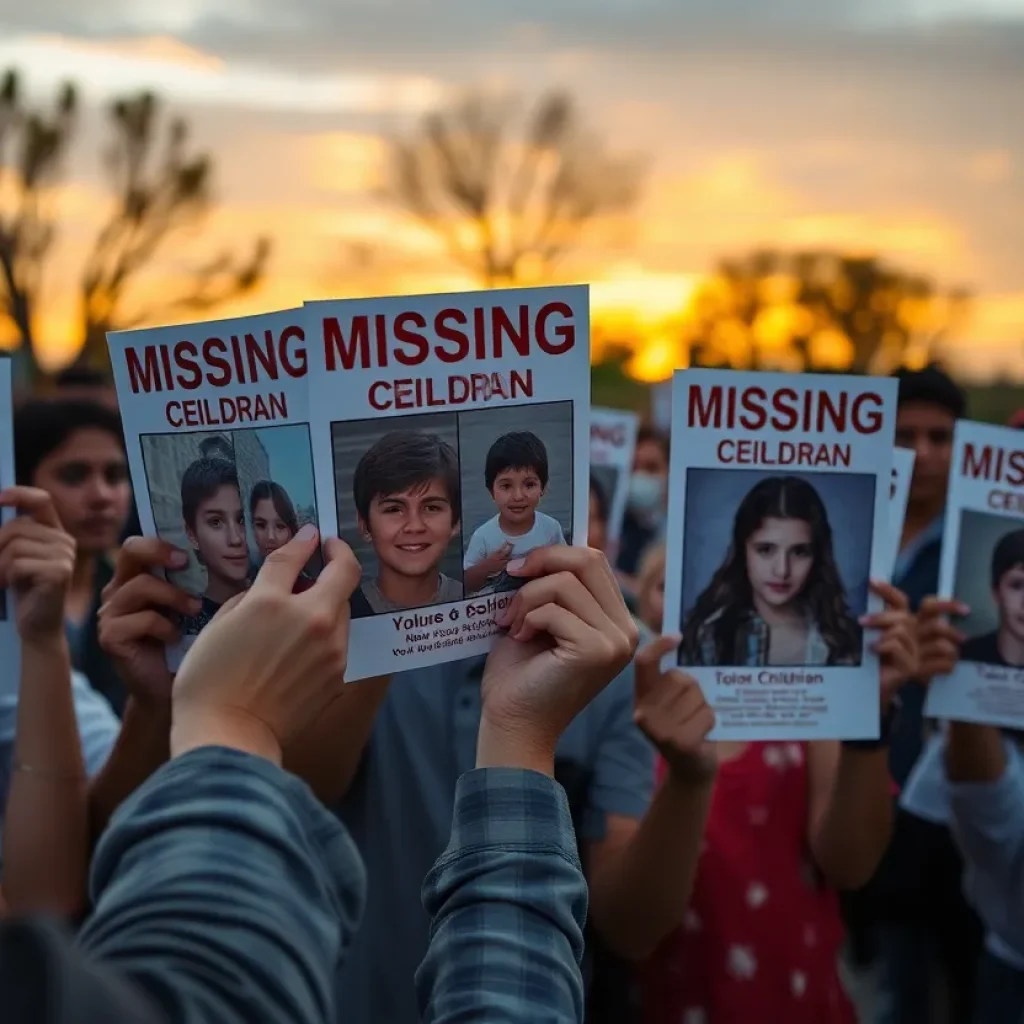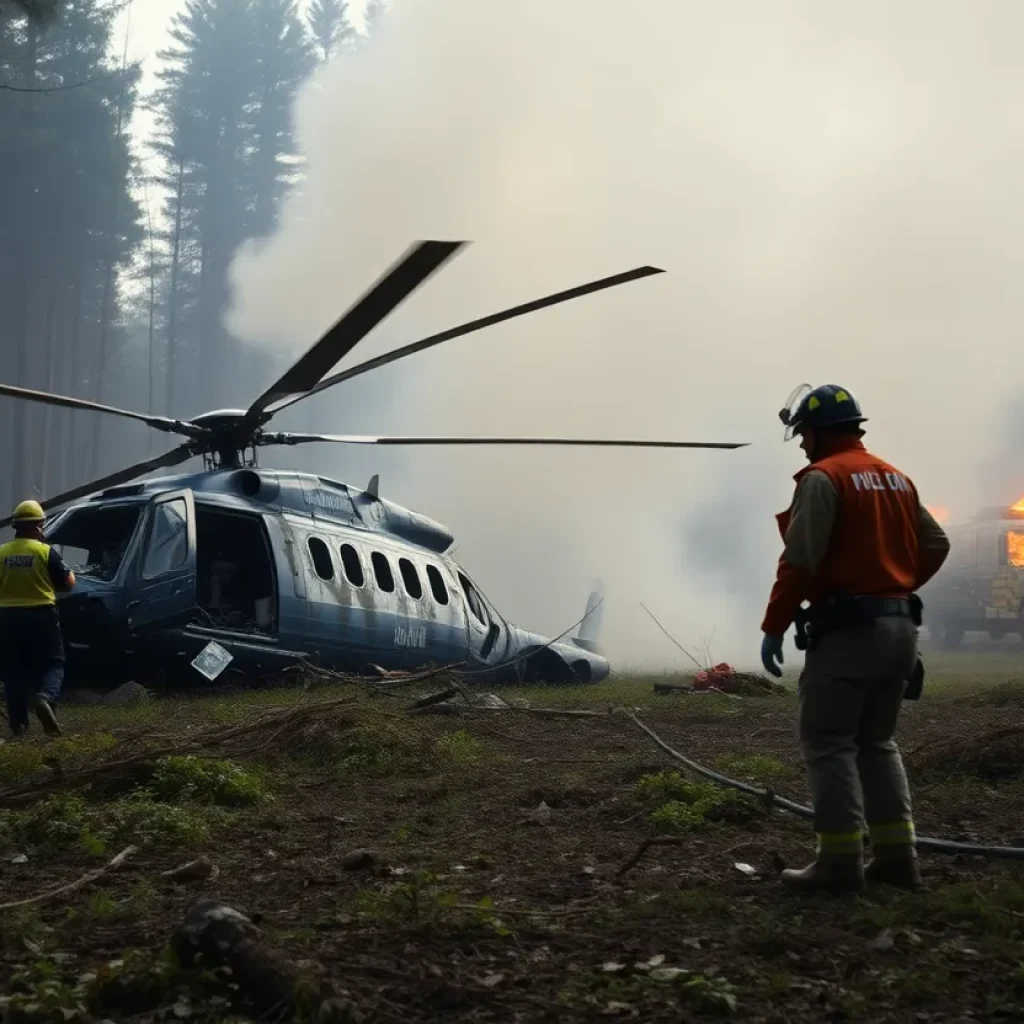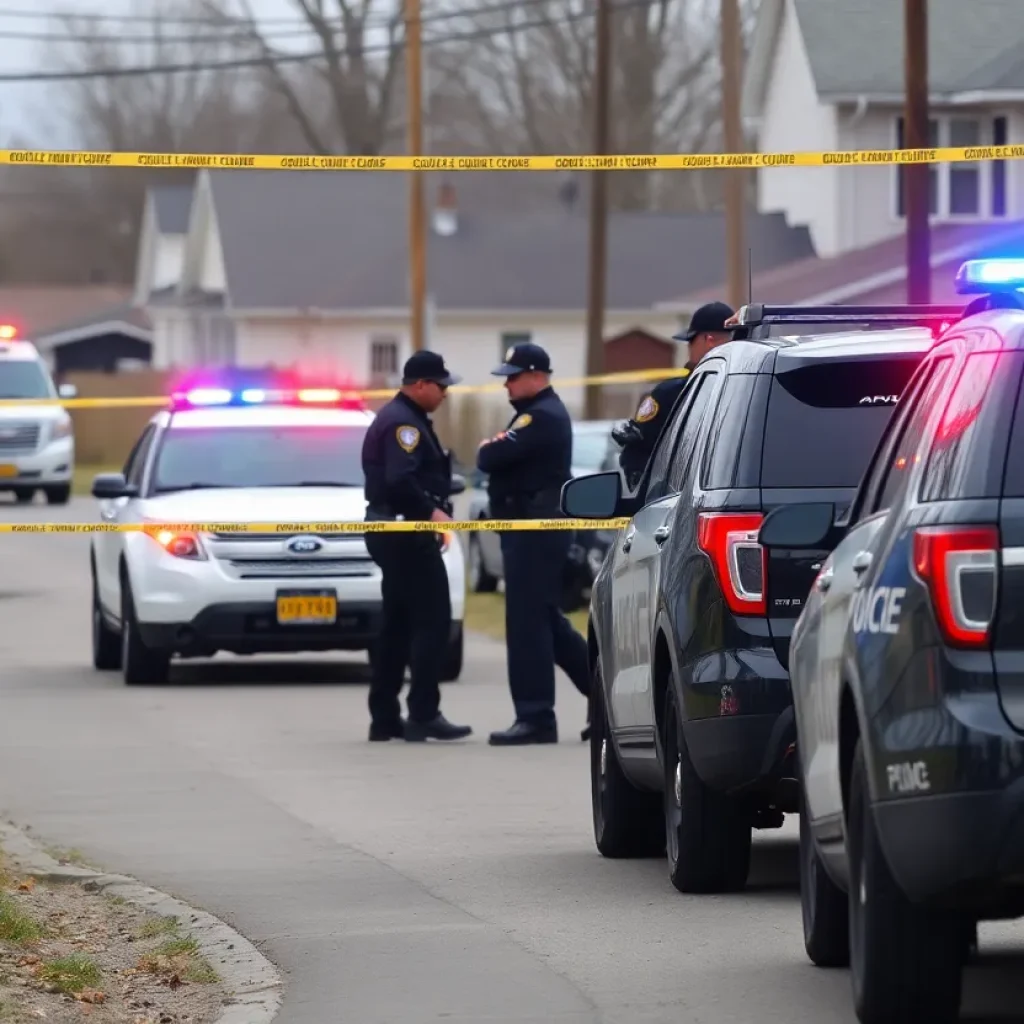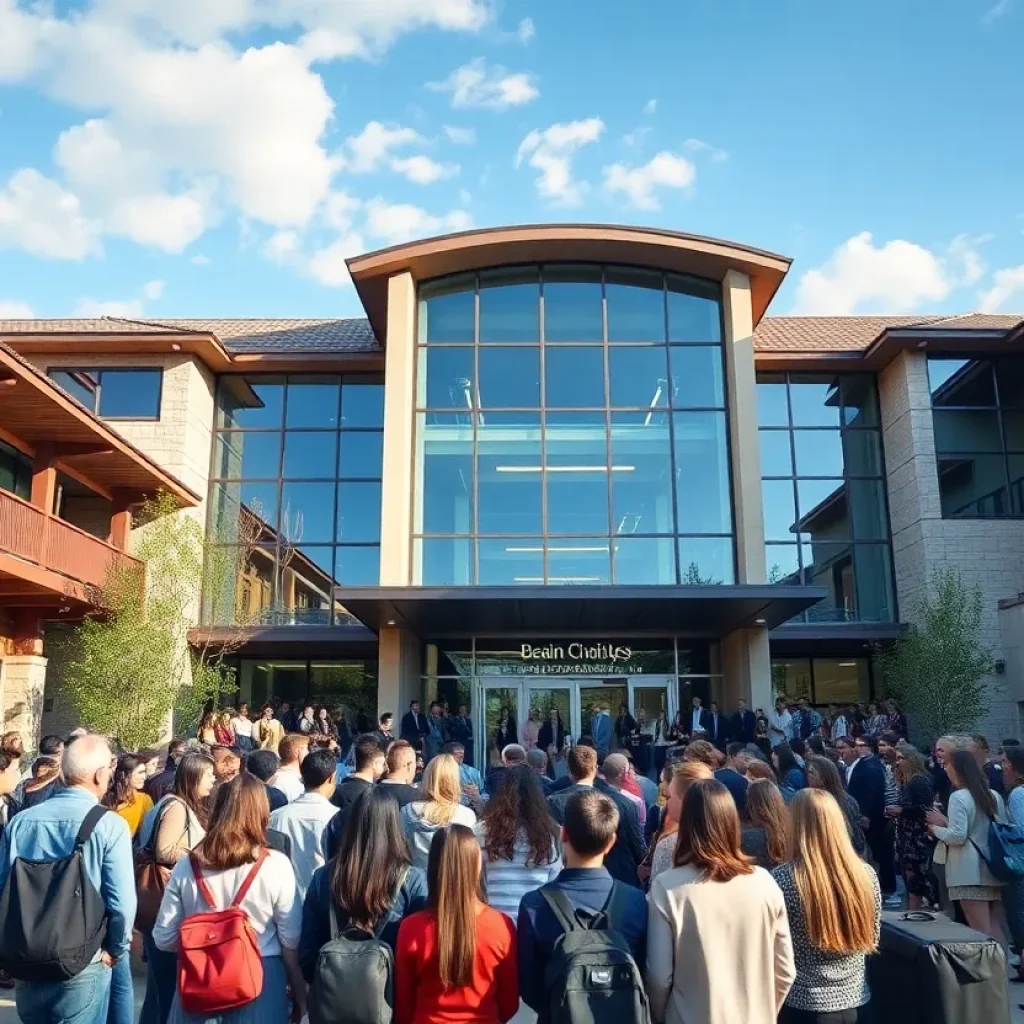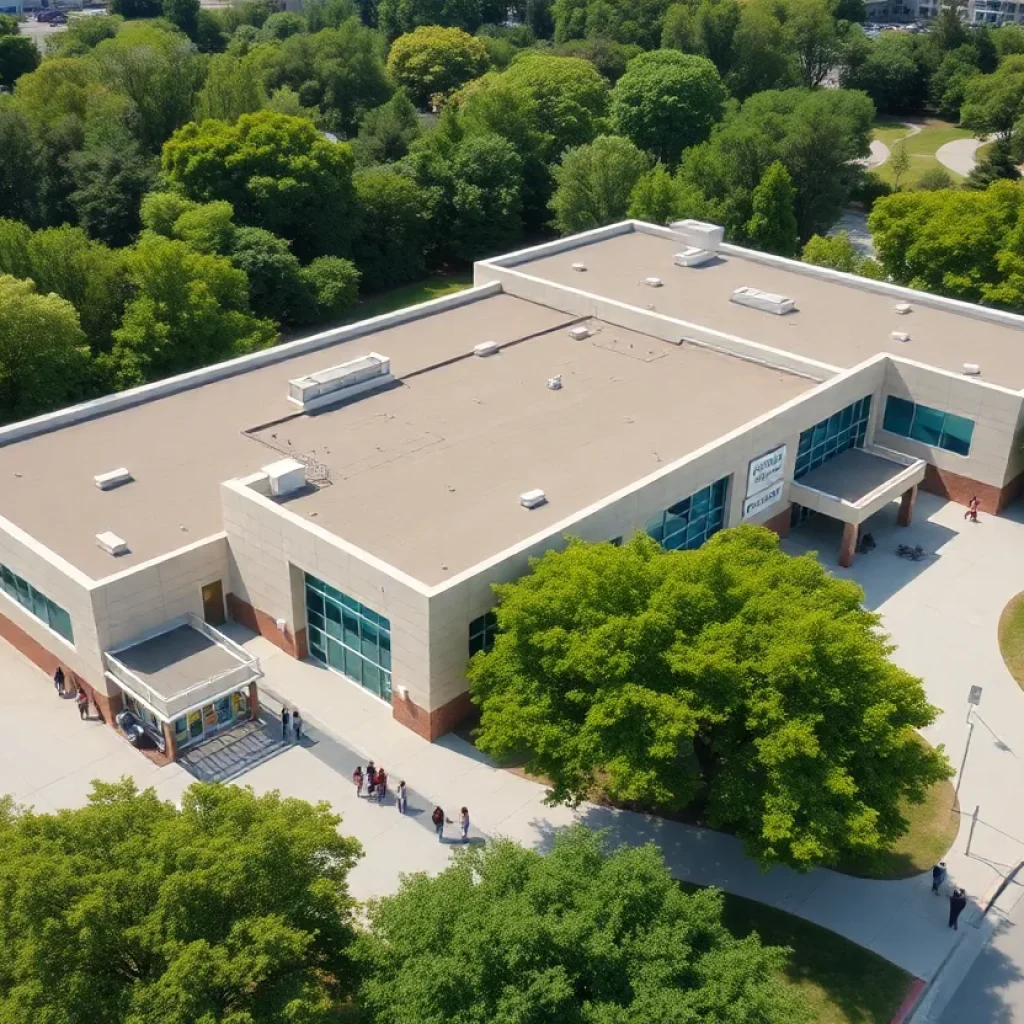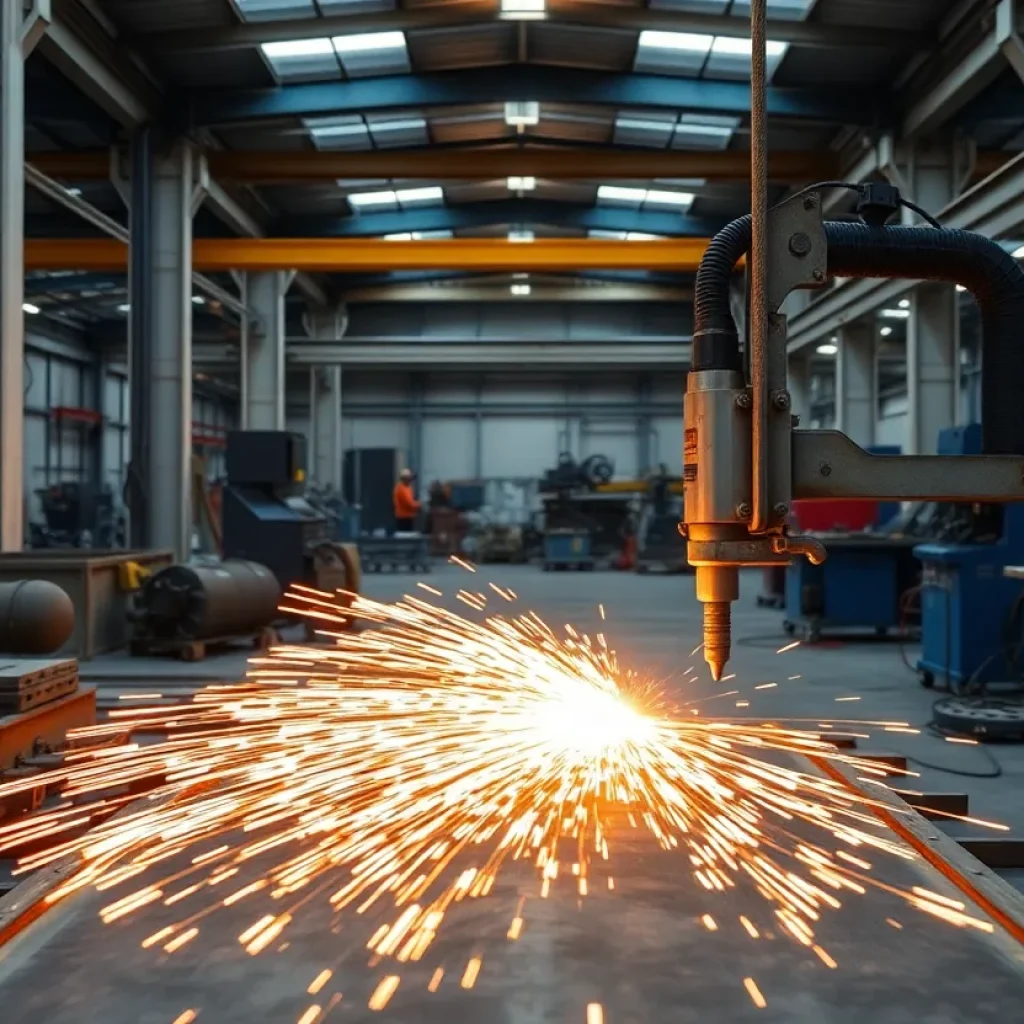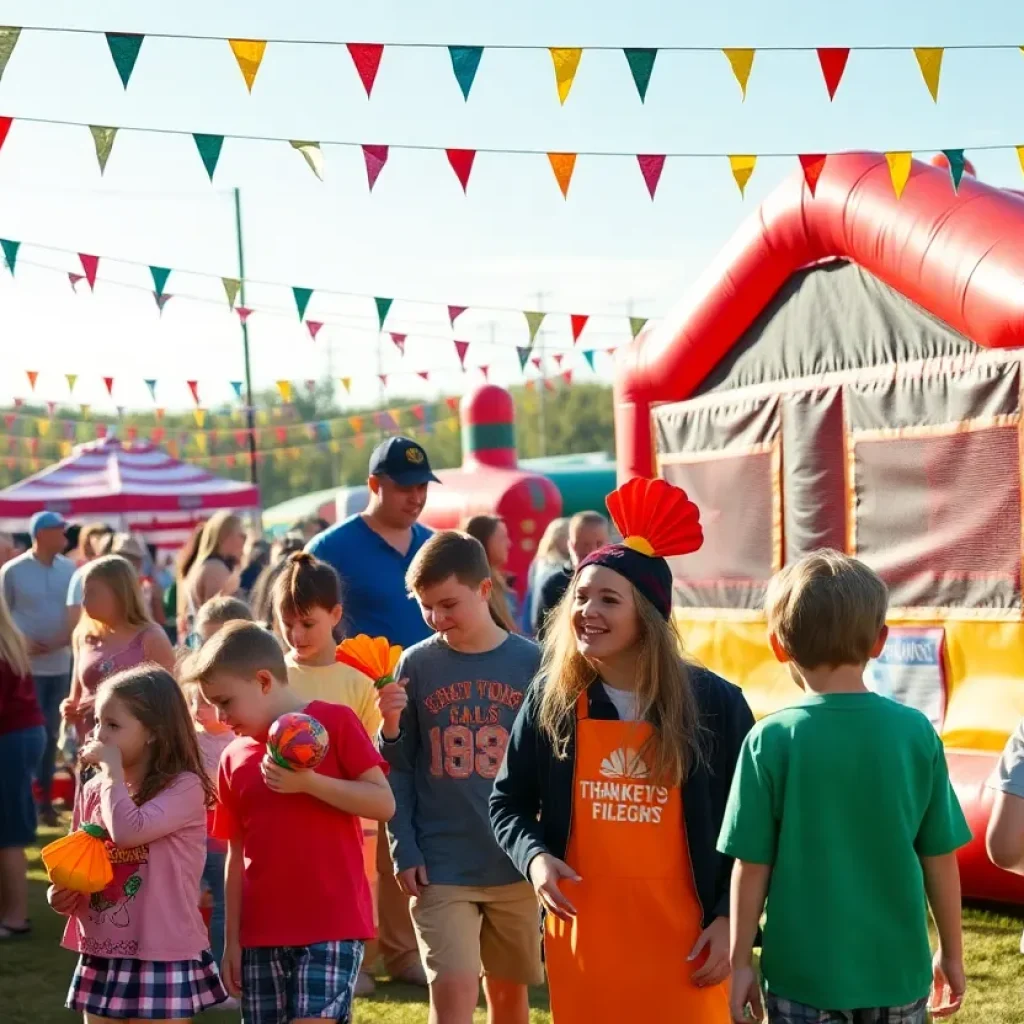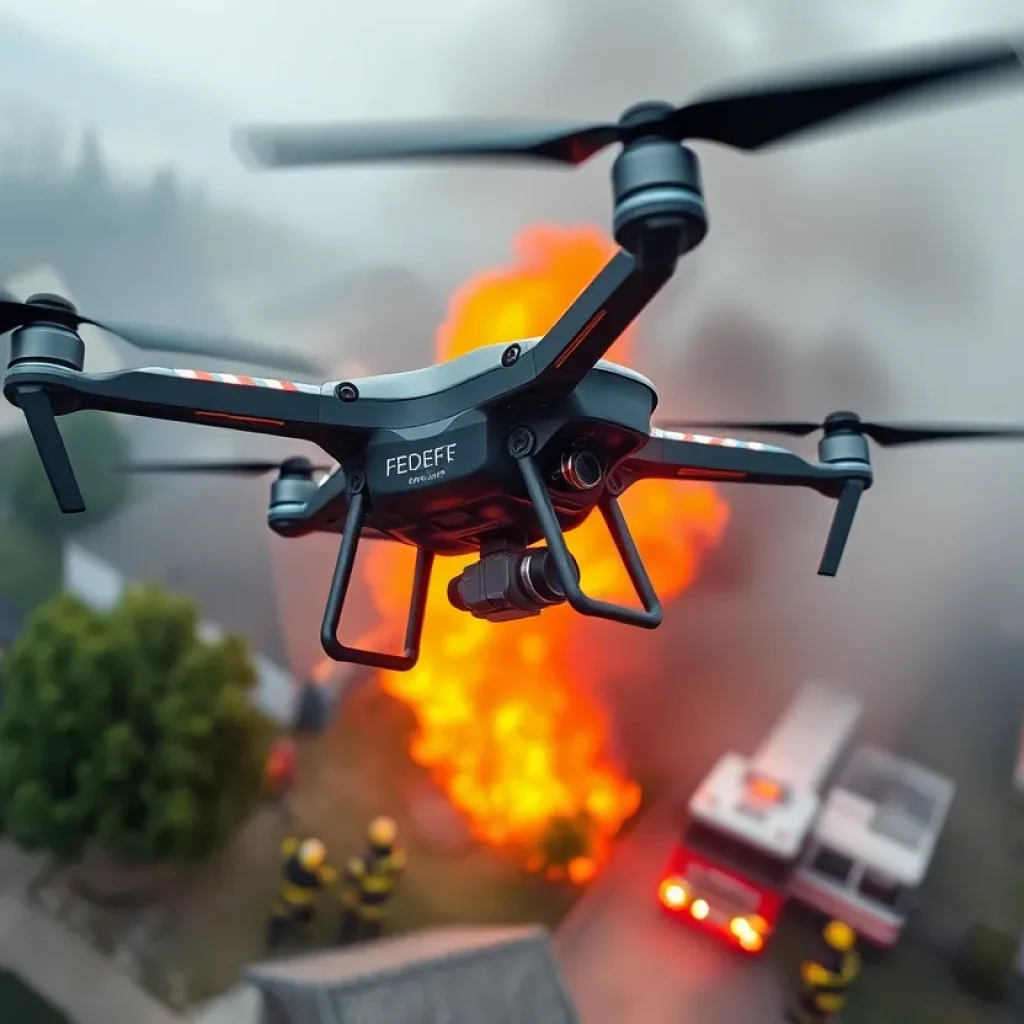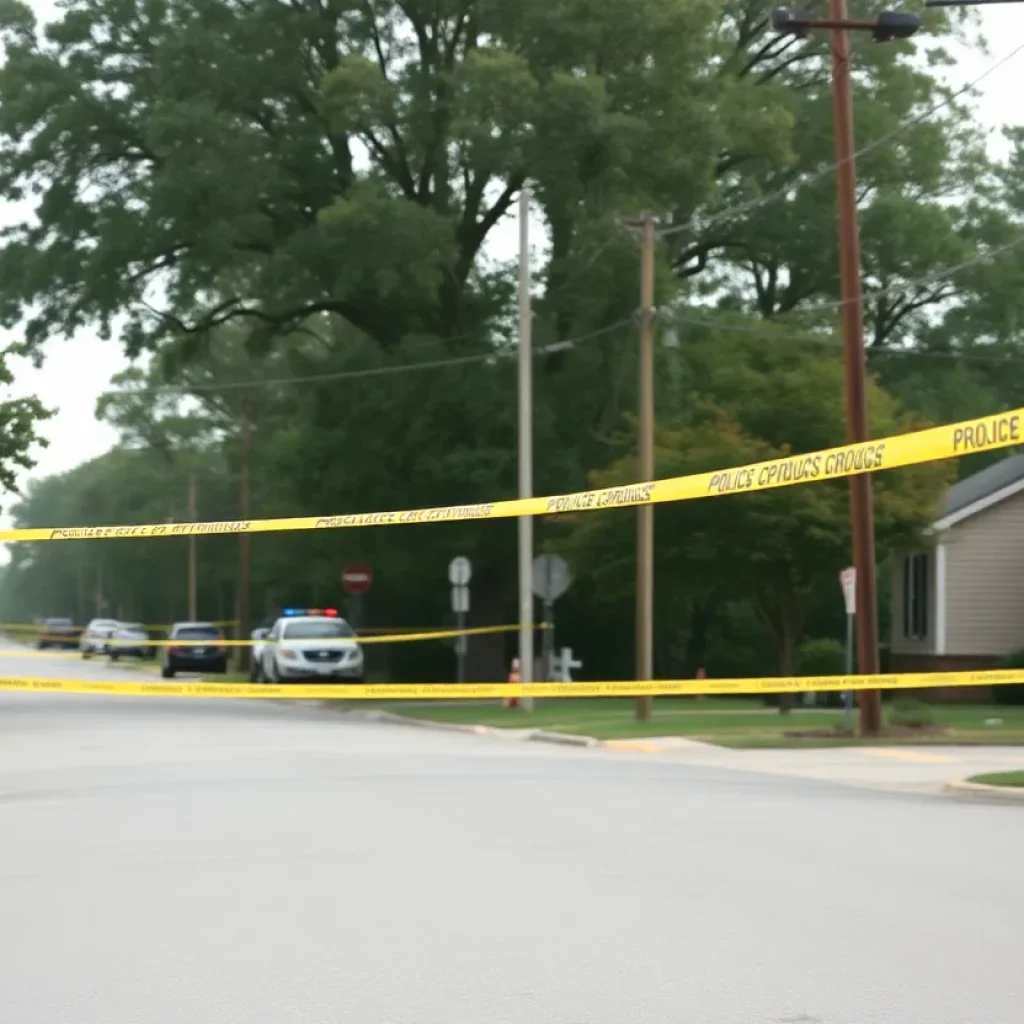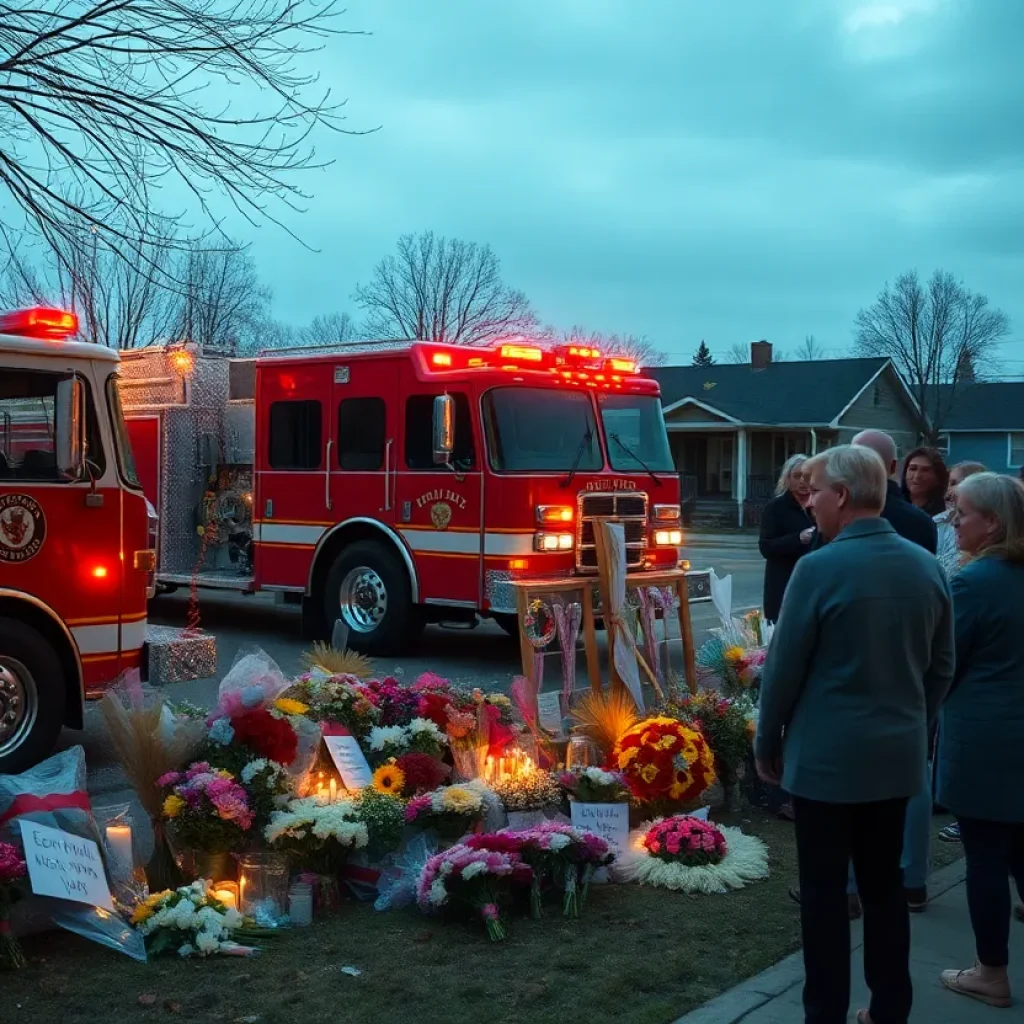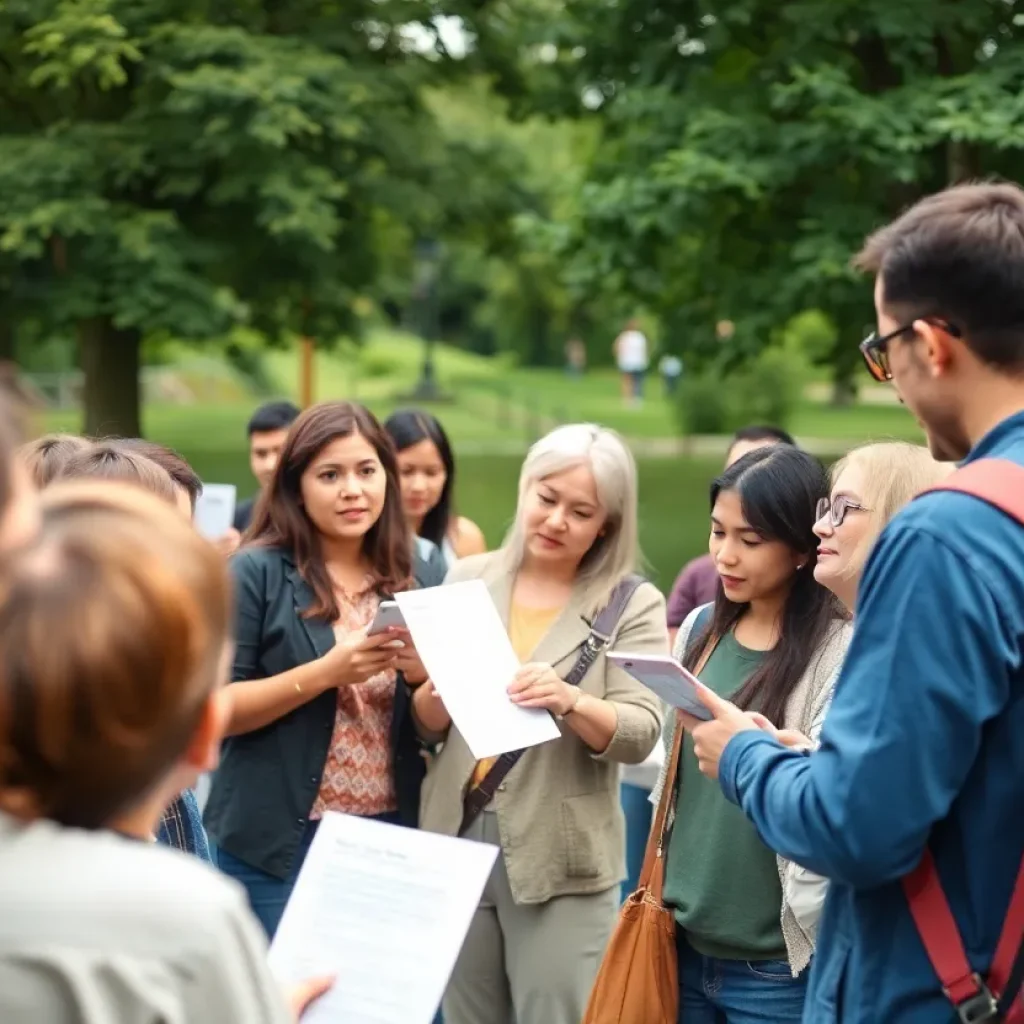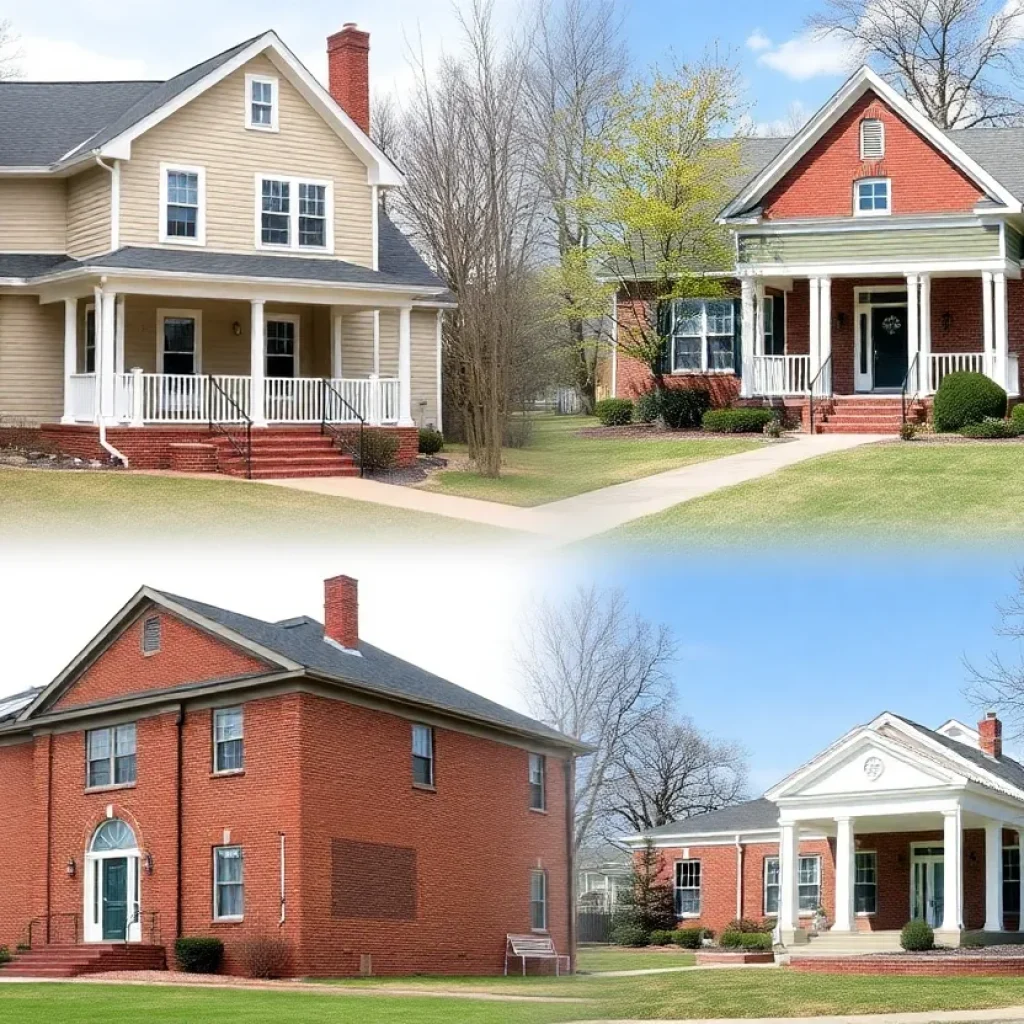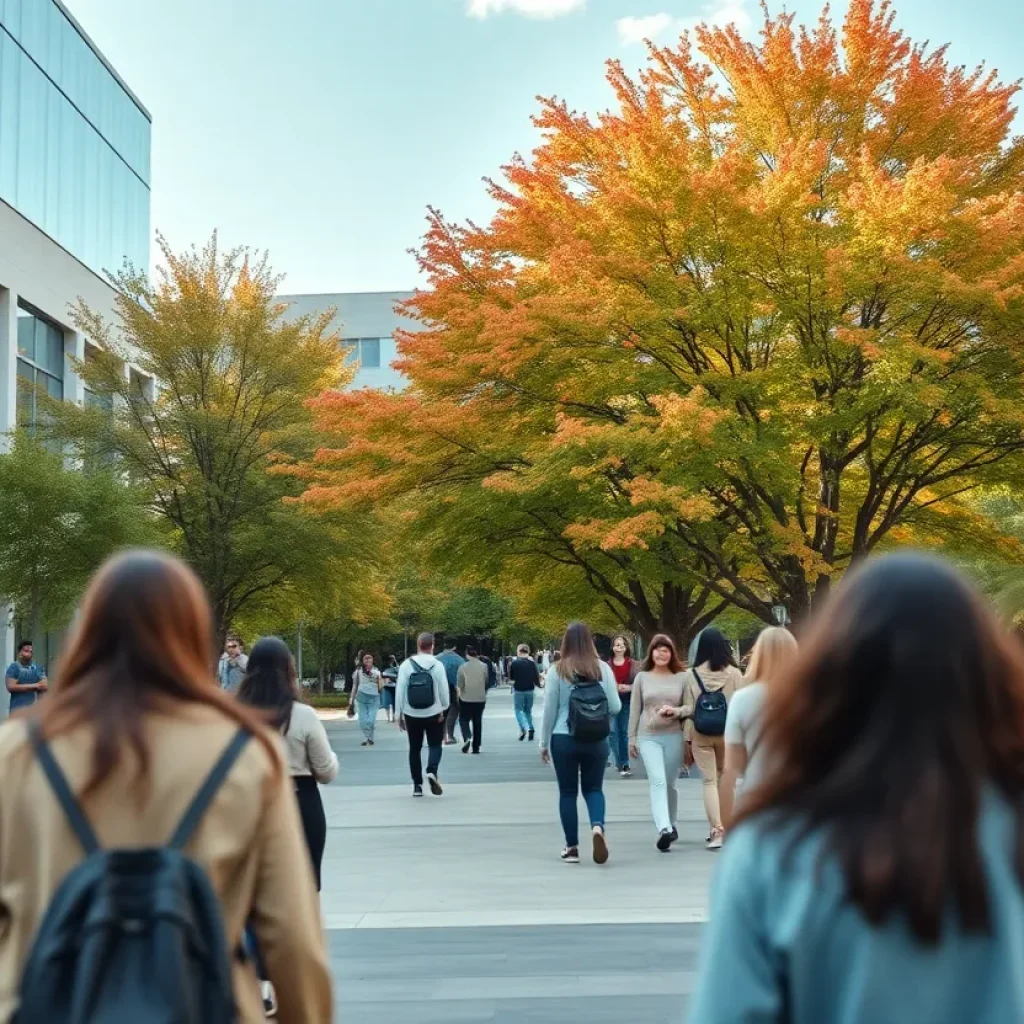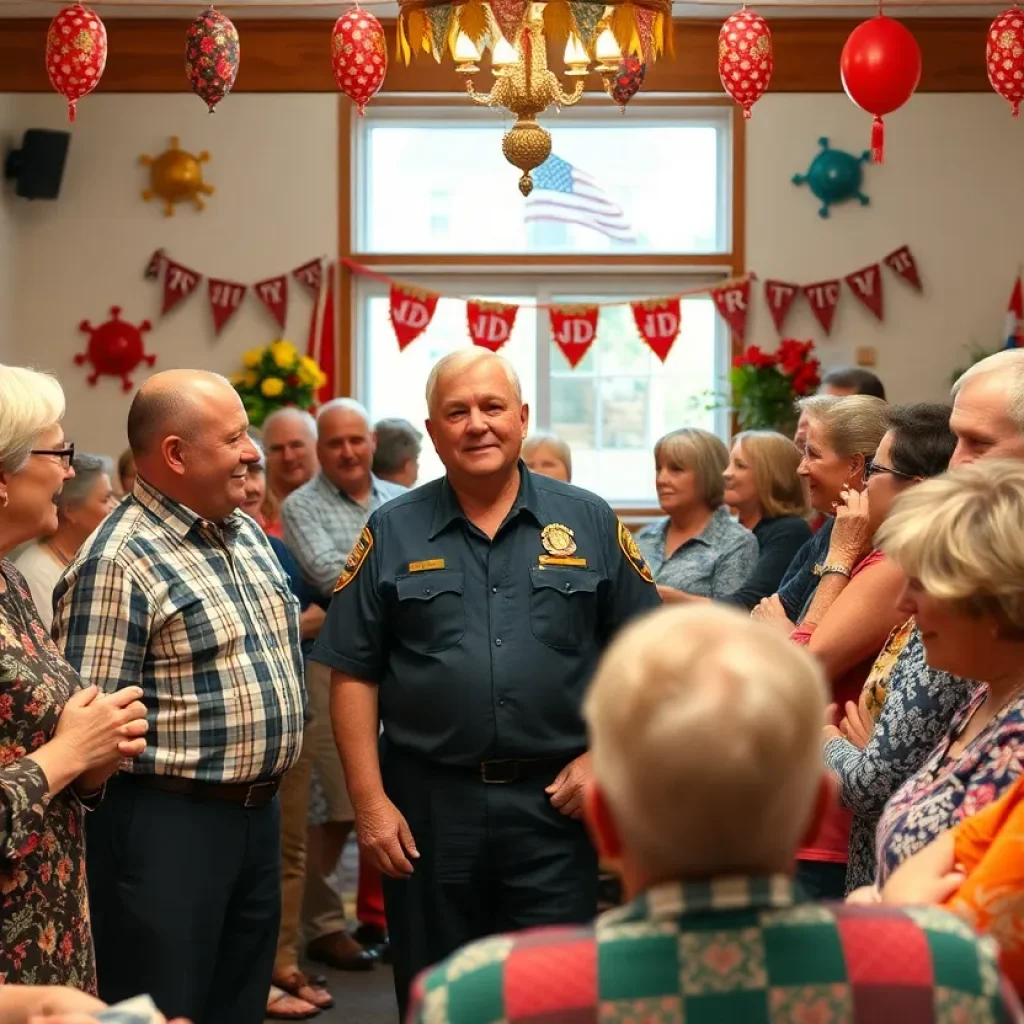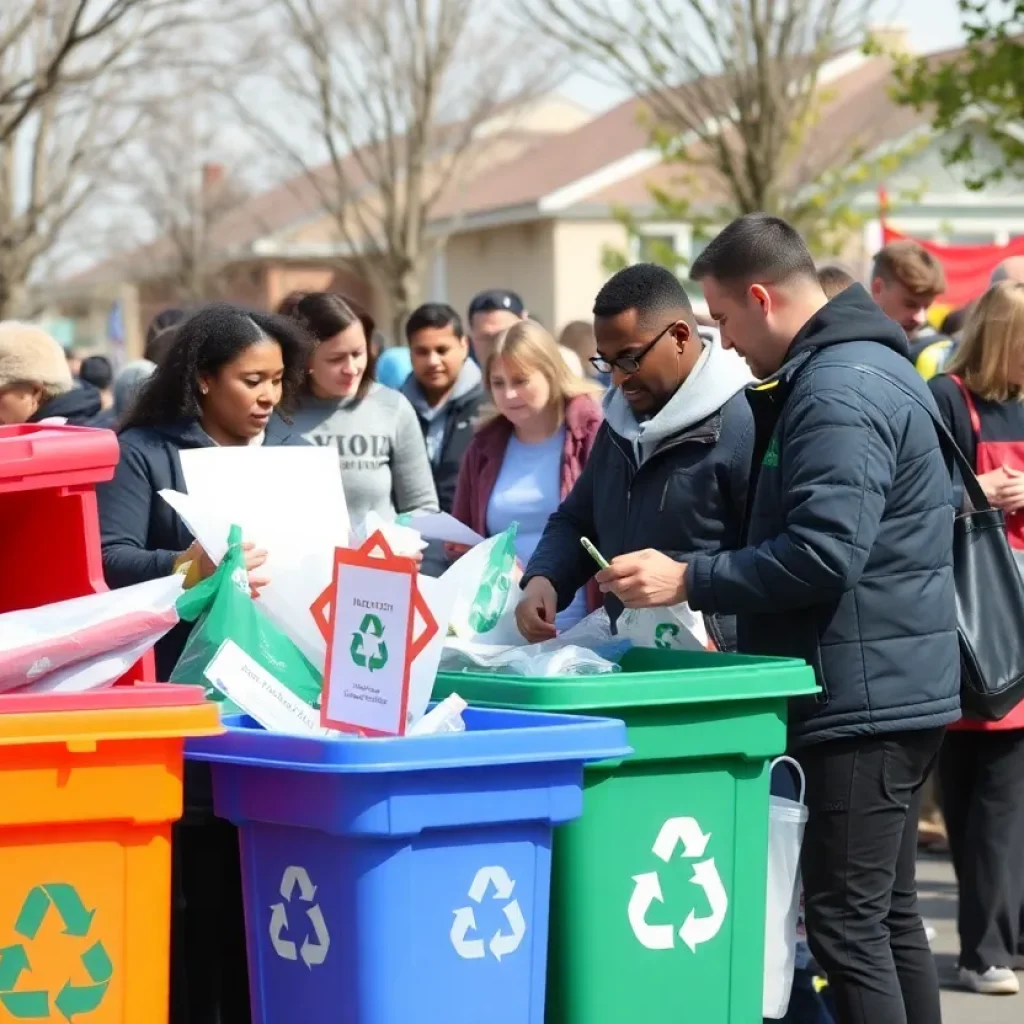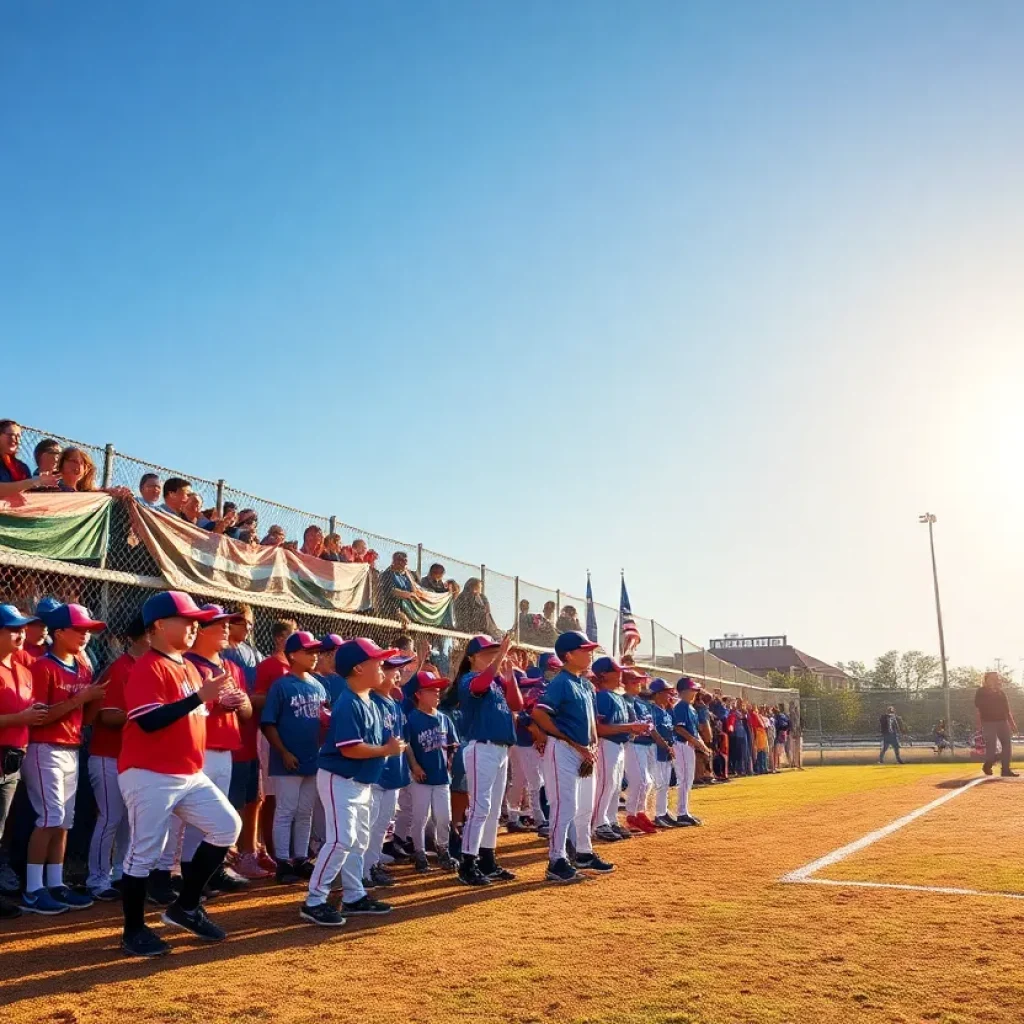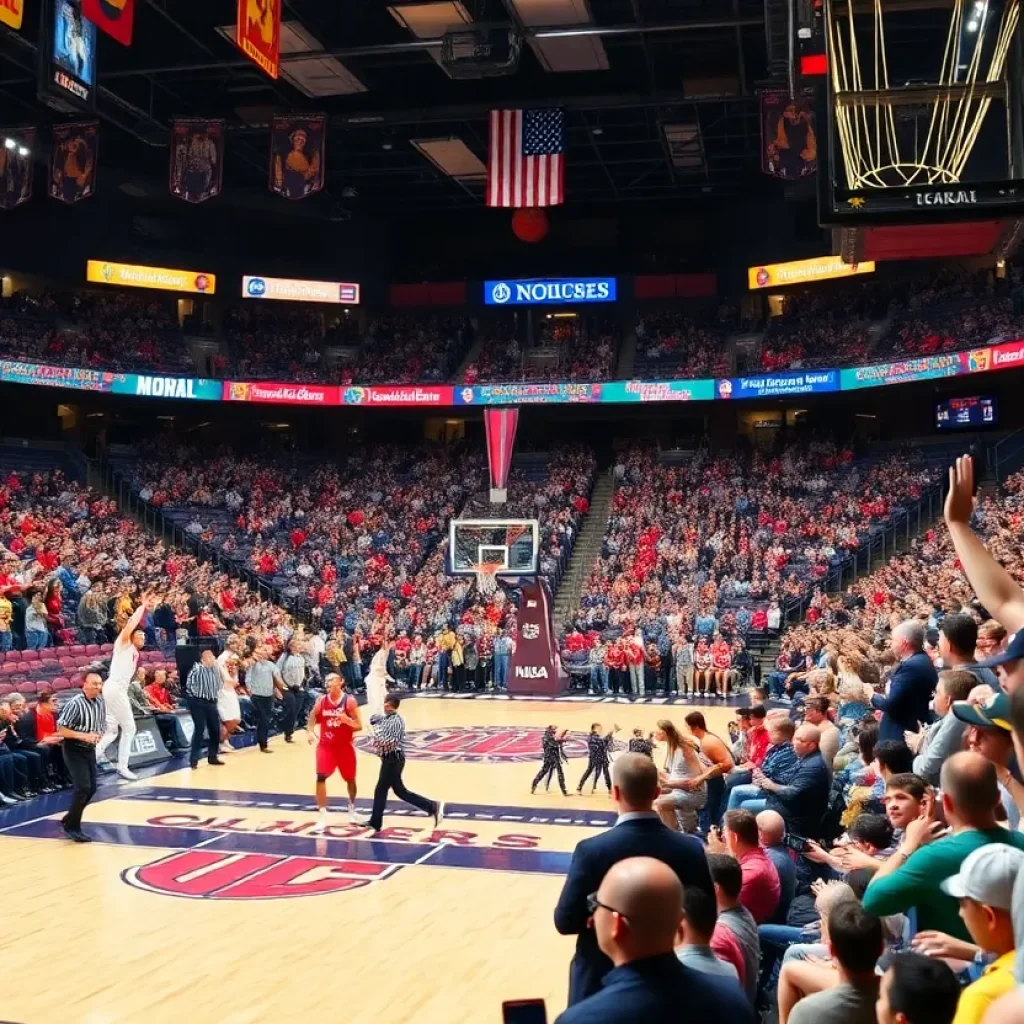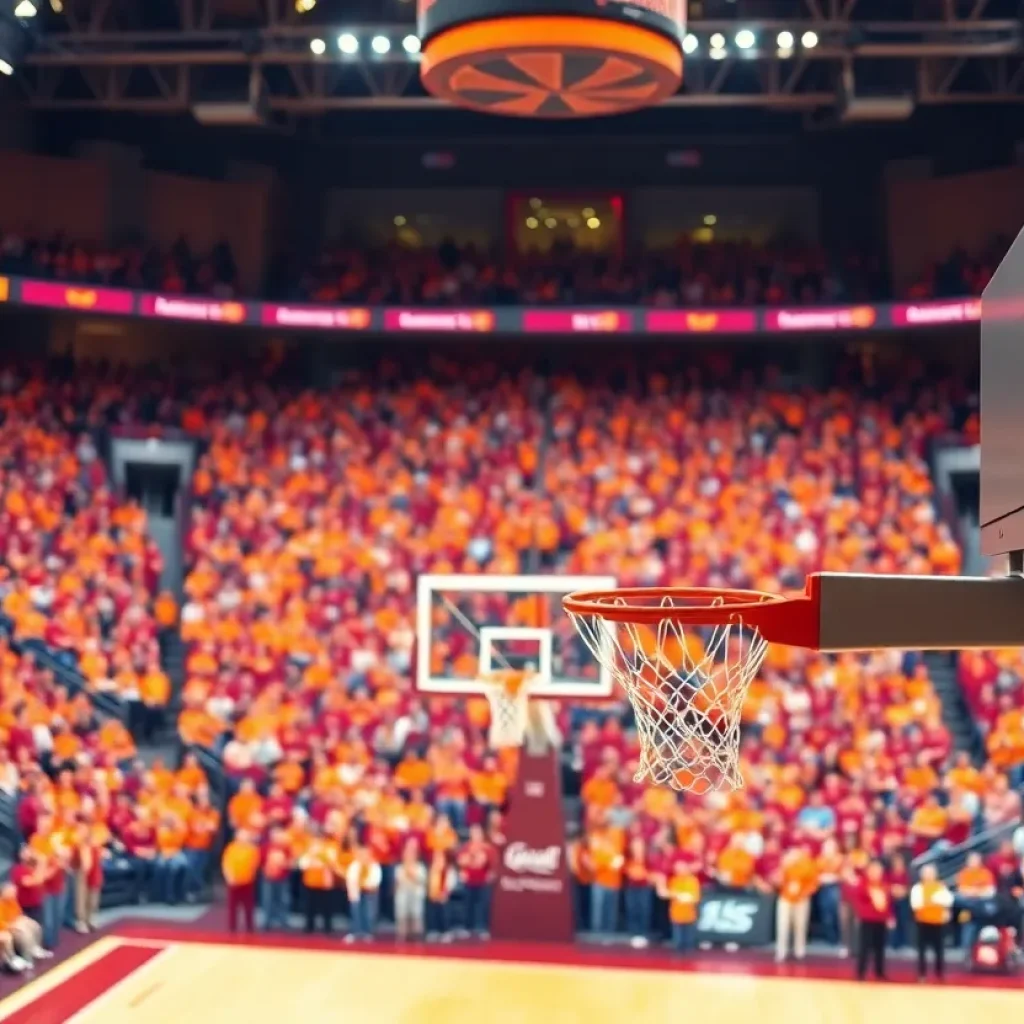Starkville News
TOP Starkville STORIES
BREAKING NEWS
West Point Police Make Quick Arrest Following Motel Shooting
News Summary A motel shooting in West Point led to a rapid arrest by local police. Danieluel Vance was detained following a weekend altercation at the Relax Inn. Fortunately, no...
Urgent Search Underway in West Point for Missing Children
News Summary Authorities in West Point are desperately searching for four missing children, including a toddler, who they believe were taken by their mother. The children, aged between 2 to...
Tragic Helicopter Crash Claims Lives of Three Medical Crew Members
News Summary In a heartbreaking incident in northern Madison County, Mississippi, a helicopter crash has claimed the lives of three medical crew members associated with life-saving operations. The AirCare 3...
Repairs Underway on Highway 50 in West Point
News Summary Highway 50 in West Point is temporarily closed for essential repairs by the Mississippi Department of Transportation (MDOT) due to drainage issues. The closure is between North Eshman...
Shocking Arrest in Starkville: Child Abuse Material Distribution
News Summary In a troubling incident, a 30-year-old man from Mexico was arrested in Starkville, Mississippi, for distributing child sexual abuse materials. The Starkville Police’s Cyber Unit acted on a...
Road Work Begins in Starkville, Minor Traffic Delays Expected
News Summary Starkville, Mississippi, kicks off essential road work on East Lee Boulevard during spring break, starting March 10, 2025. The project aims to improve driving conditions, with completion by...
BUSINESS
Fabricators Supply Expands Operations in West Point
News Summary Fabricators Supply in West Point, Mississippi, is set to expand its operations with a significant investment of $2.675 million. This development will introduce 15 new jobs and enhance...
Ballew Hall Reopens at Mississippi State University
News Summary Ballew Hall, a historic building at Mississippi State University, has reopened after extensive renovations. The updates include modern classrooms and administrative offices for the College of Agriculture and...
OCH Regional Medical Center in Starkville Now for Sale
News Summary The OCH Regional Medical Center in Starkville, Mississippi, is officially up for sale, with bids due by March 7. Prominent bidders include North Mississippi Health Services and Baptist...
Fabricators Supply Expands in West Point, Mississippi
News Summary Fabricators Supply is set to expand its operations in West Point, Mississippi, with a $2.675 million investment aimed at enhancing their services and creating 15 new jobs. This...
Crawfish Sales Are Back in Starkville
News Summary Brewski’s convenience store in Starkville has relaunched its crawfish sales with great enthusiasm. After facing significant challenges due to drought last year, crawfish availability has seen a significant...
Fabricators Supply Announces Major Expansion in West Point
News Summary Fabricators Supply is expanding its operations in West Point, Mississippi, with a significant investment of $2.675 million. This initiative aims to enhance metal fabrication capabilities and create 15...
Camgian Corporation to Invest $2.5 Million in Starkville Expansion
News Summary Camgian Corporation is set to invest $2.5 million in an expansion that will enhance its AI and automation capabilities in Starkville. The project promises to create 15 new...
Camgian Corporation Invests $2.5 Million in Starkville
News Summary Camgian Corporation, a software developer in Starkville, Mississippi, is set to invest $2.5 million in expanding its operations, creating 15 new high-tech jobs for the local community. Founded...
West Point Faces Rising Egg Prices Amid Bird Flu Concerns
News Summary West Point, like many areas in the U.S., is experiencing soaring egg prices due to an ongoing bird flu outbreak impacting poultry farms. Local businesses, including bakeries like...
Events/What's Happening
Starkville Launches New Robotics Club for Kids
News Summary The Starkville Boys and Girls Club is excited to announce the launch of a new Robotics Club aimed at inspiring young innovators. This year-long program, designed for 20-25...
Turkey Tailgate and Call Maker Showcase Unites West Point
News Summary The third annual Turkey Tailgate and Call Maker Showcase in West Point, Mississippi, brought together turkey hunting enthusiasts and local artisans. Families enjoyed activities, delicious food, and a...
Storage Auction Extravaganza in Maben and Eupora
News Summary Join the fun at the upcoming storage auction on March 22nd at Deweese Mini Storage, where forgotten treasures and eclectic finds await bidders in Maben and Eupora. The...
Starkville Set to Host Third Annual Smart Girls Summit
News Summary This Saturday, the Boys and Girls Club of Starkville will host the third annual Smart Girls Summit, aimed at empowering young women aged 8 to 18. Participants will...
Starkville Fire Department Enhances Emergency Response with Drone
News Summary The Starkville Fire Department has acquired a new drone thanks to a generous grant from the 4-County Electric Power Association. This state-of-the-art technology will significantly improve their emergency...
Mississippi State University Research Program on Memory Loss
News Summary Mississippi State University is seeking participants aged 60-80 for a research program focused on understanding memory loss and neurological disorders. This study, conducted by the Department of Psychology,...
Starkville Candidates Take Center Stage at Community Forum
News Summary The Starkville municipal election candidates participated in a lively forum at the Needmore Community Center, hosted by local organizations. Almost all candidates were present, engaging with community members...
Starkville Launches Fourth Year of Stride Challenge
News Summary Starkville kicks off its fourth year of the Stride walking challenge, promoting community engagement and healthy lifestyles. Registration is open until April 12, with a $10 entry fee....
Starkville Community Unites to Honor Gospel Legend Mahalia Jackson
News Summary The Starkville Public Library hosted a tribute event celebrating the legacy of Mahalia Jackson, the Queen of Gospel Music. Attendees enjoyed dance performances and discussions reflecting on Jackson’s...
CRIME
West Point Police Make Quick Arrest Following Motel Shooting
News Summary A motel shooting in West Point led to a rapid arrest by local police. Danieluel Vance was detained following a weekend altercation at the Relax Inn. Fortunately, no...
Urgent Search Underway in West Point for Missing Children
News Summary Authorities in West Point are desperately searching for four missing children, including a toddler, who they believe were taken by their mother. The children, aged between 2 to...
Shocking Arrest in Starkville: Child Abuse Material Distribution
News Summary In a troubling incident, a 30-year-old man from Mexico was arrested in Starkville, Mississippi, for distributing child sexual abuse materials. The Starkville Police’s Cyber Unit acted on a...
Starkville Police Make Additional Arrests in February Shooting
News Summary Starkville police have arrested two more men, Jason Davis Jr. and Caleb Smith, in connection with a February shooting that sparked community concern. Davis faces aggravated assault charges...
Tragic Fire Incidents Claim Lives and Impact Communities
News Summary A series of devastating fire incidents have taken place in Columbus, Mississippi, and Zoneton, Kentucky, leading to loss of life and significant emotional toll on the communities. In...
Clay County Seeks Public Assistance to Locate Suspects
News Summary The Clay County Sheriff’s Office is actively searching for two suspects with outstanding felony warrants. Zettie McGee-Bush, 59, is wanted for child neglect, and Temeka Piggee, 33, is...
POLITICS
Starkville Celebrates Women’s Leadership and Rights
News Summary This March, Starkville hosted ‘Women Who Make History,’ a panel celebrating Women’s History Month. Notable female leaders discussed their leadership journeys, the importance of women in public service,...
Starkville Residents Prepare for Property Tax Increases and School Bond Proposal
News Summary Starkville residents are facing upcoming changes including rising property taxes due to new appraisal values set for 2026 and a significant school bond proposal. Homeowners should be prepared...
Candidates Engage Voters at Starkville Election Forum
News Summary During a municipal election forum at Starkville’s Sportsplex, Democratic candidates presented their visions for the community, addressing pressing issues and critiquing current leadership. With the elections approaching, candidates...
Clay County Seeks Public Assistance to Locate Suspects
News Summary The Clay County Sheriff’s Office is actively searching for two suspects with outstanding felony warrants. Zettie McGee-Bush, 59, is wanted for child neglect, and Temeka Piggee, 33, is...
Mississippi State University to Rebrand Holmes Center
News Summary Mississippi State University (MSU) is set to transform the Holmes Cultural Diversity Center into the Holmes Center for Student Success. This rebranding aligns with federal compliance directives aimed...
Starkville’s School Desegregation: A Complex Legacy Explained
News Summary Starkville recently held a documentary screening to address the town’s journey through school desegregation. Contrary to many Southern towns, Starkville integrated without major violence. The event highlighted personal...
Retirement Celebration for Starkville Fire Chief Charles Yarbrough
News Summary On February 21, Starkville celebrated the retirement of Fire Chief Charles Yarbrough after 30 years of dedicated service. The event marked a significant milestone for both Yarbrough and...
Starkville and Columbus Boost Recycling and Safety Efforts
News Summary Starkville and Columbus are making significant strides in enhancing recycling accessibility and community safety. Residents in Columbus benefit from city-run recycling programs, while Starkville adopts the ‘Think Green’...
Columbus Residents Raise Alarm Over MSMS Relocation
News Summary Columbus residents express strong concerns regarding proposed Senate Bill 2715, which aims to relocate the Mississippi School for Mathematics and Science (MSMS) from the Mississippi University for Women...
SPORTS
Starkville Set to Host Third Annual Smart Girls Summit
News Summary This Saturday, the Boys and Girls Club of Starkville will host the third annual Smart Girls Summit, aimed at empowering young women aged 8 to 18. Participants will...
Starkville Runners Embrace Local History at Museum Miles
News Summary This past weekend, Starkville, Mississippi hosted the second annual Museum Miles: Race Through History, where nearly 100 runners participated to support the Oktibbeha County Heritage Museum. The event...
Starkville Kicks Off 2023 Youth Baseball with 82 Challenge Icebreaker
News Summary This weekend, Cornerstone Park in Starkville will host the 82 Challenge Icebreaker baseball tournament, featuring 18 youth teams. Despite chilly temperatures, teams are eager to showcase their skills...
Ole Miss Rebels Prepare for Rivalry Match Against Mississippi State Bulldogs
News Summary The Ole Miss Rebels are set to host the Mississippi State Bulldogs in a key SEC rivalry game on February 15, 2025, at the Sandy and John Black...
Starkville Cougars Celebrate All-Star Achievements
News Summary In Starkville, five athletes from Starkville Christian School have earned All-Star honors in the Tri-State Christian Conference. Carleigh Chesser, McCarley Rye, Jena Ballard, Caison Harkey, and Pearson Buckner...
Starkville Prepares for SEC Showdown: Gators vs Bulldogs
News Summary Starkville is buzzing with anticipation as the Florida Gators prepare to face the Mississippi State Bulldogs in a crucial SEC basketball game on Tuesday at 7 p.m. EST....
Rural Medical and Science Scholars Program Launched
News Summary Mississippi State University introduces the Rural Medical and Science Scholars (RMSS) program for high school juniors this summer. The two-week program, running from June 8 to June 20,...
Starkville Academy Prepares for Basketball and Football Challenges
News Summary As Starkville Academy gears up for the upcoming sports season, both the basketball and football teams are in high spirits. The boys’ basketball team is set to face...
Starkville Volunteers Soccer Team Welcomes New Coach
News Summary The Starkville boys soccer team, the Volunteers, have rescheduled their upcoming match against Bayou Academy to February 3 at Starkville Sportsplex. As they gear up for this and...





